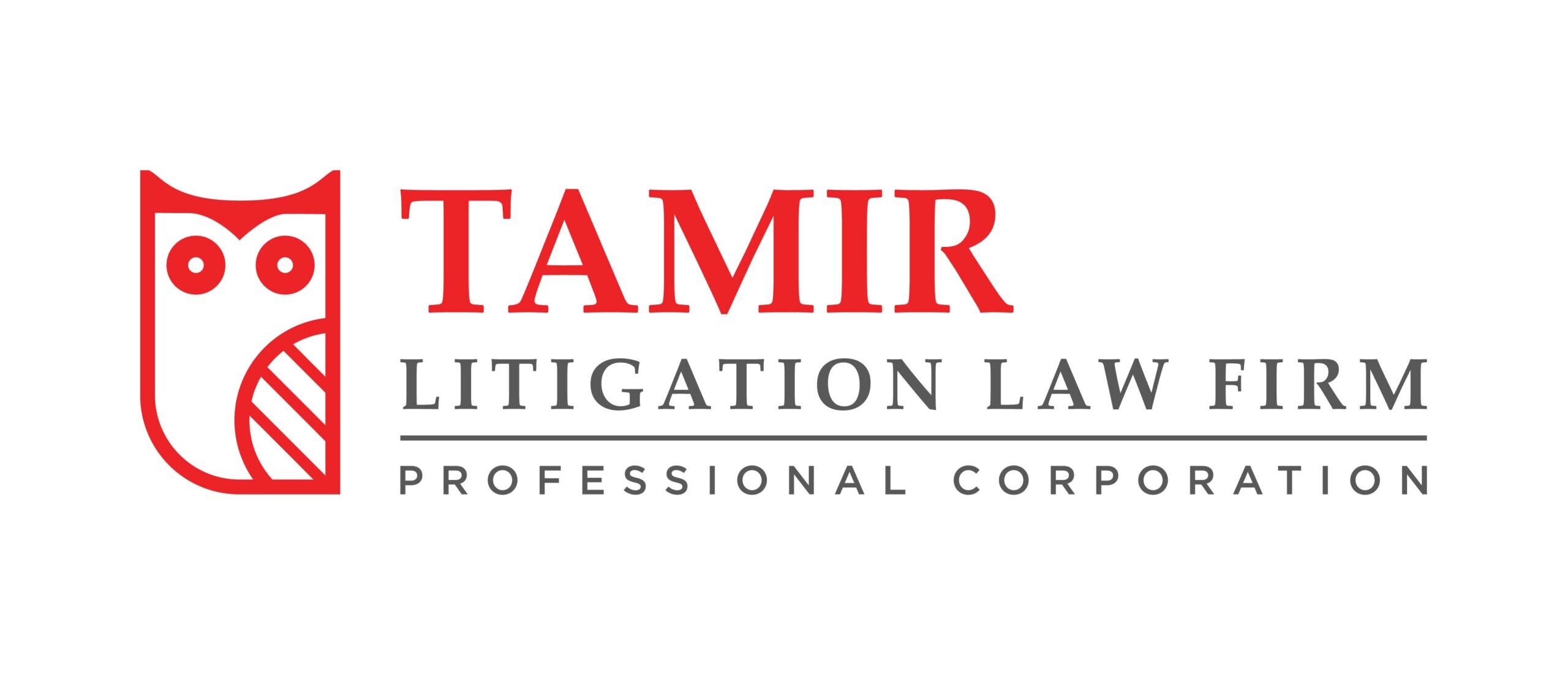As a nurse in Ontario, your license is your livelihood. A single complaint or investigation from the College of Nurses of Ontario (CNO) can place everything you’ve worked for at risk. At Tamir Litigation, we provide experienced, results-driven legal defence for nurses facing disciplinary, regulatory, or licensing issues.
We understand how quickly a minor issue can escalate into a formal investigation. Whether you’re dealing with a CNO complaint, a fitness-to-practice concern, or a registration issue, you need a lawyer who knows the process and knows how to protect your professional future.
Legal Help for CNO Complaints, Investigations & Suspensions
We represent nurses at all stages of the regulatory process, including:
- Responding to College of Nurses of Ontario (CNO) complaints
- CNO investigations, written self reflections and responses to allegations
- Professional misconduct and discipline hearings
- Nursing licence suspension and fitness-to-practice proceedings
- Licensing, registration, and renewal challenges
- Appeals before HPARB and Divisional Court
Whether the issue involves patient care, documentation, boundaries, or off-duty conduct, we provide clear and proactive defence for nurses.
Mandatory Reporting of Nurses in Ontario
In Ontario, certain professionals and companies are legally obligated to file mandatory reports with the CNO when they have reasonable grounds to believe that a nurse has engaged in professional misconduct, is incompetent, or is incapacitated.
This includes job terminations, resignations under investigation, or findings of negligence. Many nurses are surprised to learn that a complaint can be triggered even without formal charges, just internal employer reports.
These obligations are critical to public safety and are governed under the Regulated Health Professions Act, 1991 (RHPA). Employers, facility operators, fellow regulated health professionals, and even insurance companies must report in specific circumstances , such as terminations, resignations during investigations, or findings of negligence. This means that if a nurse has lost their job based only on allegations of negligence, impropriety etc their employer must report the occurrence to the CNO. Failure to report can result in penalties. This comes as a surprise to many nursers we worked with. If you are terminated as a result of such allegations, ideally you should address it on an employment law front in order to solidify your defence.
If you were terminated based on unproven allegations, it’s critical to address both the employment law and regulatory sides to strengthen your position. And also, if you are a nurse facing a complaint triggered by a mandatory report, it is essential to seek legal advice immediately to protect your license and reputation.
Unionized Nurses and Independent Legal Advice
While unionized nurses in Ontario have access to representation through their union, there are situations where independent legal advice is often essential. Experience shows that unfortunately many union representatives are unwilling or unable to properly advocate on behalf of nursers facing misconduct allegations by their employer.
We collaborate with union reps when possible or act independently to protect your licence and ensure your rights are fully defended.
Why Nurses Trust Tamir Litigation
- In depth experience with CNO processes and hearings
- Strategic defence for nurse discipline cases in Ontario
- Trusted legal help for CNO investigations, complaints, and suspensions
- Prompt, confidential, and personalized legal advice
Don’t face the CNO alone. Even a single misstep in the early stages can affect your career. Let us help you respond the right way. Contact Tamir Litigation today for a free consultation with a nurse discipline defence lawyer.
f.a.q.
You have questions. wE have answers.
Complaints may come from patients, families, employers, or colleagues. The CNO also receives mandatory employer reports, police notifications, and referrals from hospitals or other regulators. The College can also act on information it obtains directly, even if no one has filed a complaint.
The complaint is reviewed and may be referred to the Inquiries, Complaints and Reports Committee (ICRC) for investigation. You may get a formal notice along with requests for charts, policies, or a written response. The way you respond can make a major difference in whether the matter ends early, results in a caution, or escalates to a hearing.
No. Once the complaint is in the College’s hands, you should not try to resolve it privately. Direct contact can make matters worse. All communication should flow through the CNO’s process.
The ICRC can take no action, provide advice, issue a written warning, require you to complete a Specified Continuing Education or Remediation Program (SCERP), accept an undertaking, or impose terms and conditions. In more serious cases, they can refer the matter to the Discipline Tribunal or Fitness to Practise Committee.
Defence work usually focuses on three things: ensuring the process is fair and timelines are reasonable; assembling clear evidence such as charts, policies, and communications; and showing proactive remediation. This often leads to outcomes that are educational or remedial rather than punitive.
For nursers facing disciplinary complains we do provide free initial consultations. We do not provide free legal advice. The purpose of the free initial consultation is to understand your case and advise you what is the best way to proceed with your defence.
Industry Insights
Received a Complaint from the CNO?
Regulatory investigations move fast and saying the wrong thing early can do real damage. We help nurses handle CNO complaints, investigations, and hearings with strategy, not guesswork.
📞 Call: 416.499.1676
WhatsApp: Message us
Email: info@tamirlitigation.com



